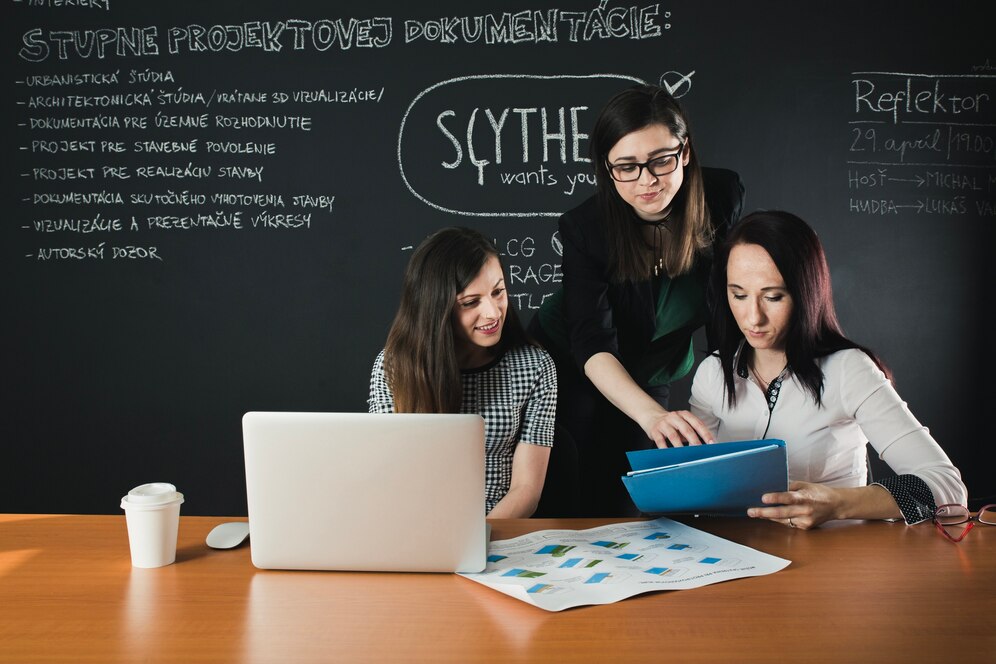Education is undergoing a rapid transformation, shaped by advancements in technology, societal changes, and evolving global needs. By 2025, several key trends are expected to redefine how education is delivered, how students engage with learning, and how institutions adapt to meet new challenges. Here’s a closer look at the major educational trends that are likely to emerge by 2025:
1. Personalized Learning
Personalized learning is anticipated to become a major feature in education by 2025. The traditional, standardized teaching methods are giving way to more tailored learning experiences that meet the unique needs, interests, and strengths of each student. Using advanced technologies such as artificial intelligence (AI) and machine learning, educators will be able to customize lessons, monitor student progress, and provide real-time feedback. This will empower students to learn at their own pace and in a way that suits their individual learning styles, enhancing engagement and success.
2. AI and Automation in the Classroom
AI and automation are set to become increasingly integrated into educational practices by 2025. AI will not only streamline administrative tasks like grading and scheduling but will also offer personalized learning experiences, helping students with tutoring and assignments. Intelligent systems will help educators identify learning gaps and provide tailored interventions. Additionally, chatbots and virtual assistants will support students with instant responses to queries, making learning more accessible and efficient.
3. EdTech and Digital Tools
Technology in education will continue to grow in prominence, with EdTech tools playing a central role in how both traditional and online education systems operate. Virtual and augmented reality (VR and AR), gamification, and interactive learning platforms will allow students to explore and engage with content in immersive ways. These tools will enable learners to visualize complex concepts, like biological processes or historical events, providing a more engaging and interactive learning experience. The use of educational apps and digital resources will also make learning more flexible and accessible, breaking the barriers of traditional classroom settings.
4. Hybrid and Remote Learning Models
The hybrid learning model, which blends in-person and online education, is expected to become a common approach by 2025. This trend has been accelerated by the global pandemic, and it’s clear that flexibility in how education is delivered will remain a priority. Students will have more options to choose how and when they engage with their coursework. Remote learning will evolve with better content delivery platforms, enhanced interaction tools, and sophisticated assessment methods, ensuring that students can access quality education regardless of their physical location.
5. Lifelong Learning and Reskilling
As industries rapidly evolve, there will be an increasing emphasis on lifelong learning and skill development. By 2025, it’s expected that education will become more fluid, focusing not only on initial degrees but also on continuous learning throughout a person’s career. Microlearning, online certifications, and short-term courses will allow individuals to gain new skills or reskill as needed. Companies and governments will collaborate with educational institutions to offer training programs that align with market demands, helping workers stay relevant in an ever-changing job market.
6. Focus on Social-Emotional Learning (SEL)
The importance of social-emotional learning (SEL) will continue to grow, with an increasing number of schools adopting programs to foster skills such as emotional regulation, empathy, resilience, and teamwork. By 2025, SEL will be integrated into the curriculum more widely, as these skills are crucial not only for personal well-being but also for academic success. SEL will help students navigate challenges, build positive relationships, and develop emotional intelligence, which are essential skills for the future.
7. Global and Cultural Learning
As the world becomes more interconnected, there will be a greater focus on global learning and cultural awareness. By 2025, students will have more opportunities to interact with peers from different parts of the world through virtual exchanges, collaborative international projects, and cross-cultural discussions. These experiences will broaden their perspectives, help them develop global competencies like cross-cultural communication, and prepare them to thrive in a globalized workforce.
8. Sustainability and Green Education
Education systems will increasingly focus on sustainability and environmental consciousness by 2025. More schools and universities will incorporate sustainability into their curricula, covering topics like renewable energy, climate change, and eco-friendly practices. Educational institutions will also adopt greener practices, from eco-friendly buildings to waste reduction strategies. By integrating sustainability into education, students will be better prepared to contribute to solving the world’s environmental challenges and lead the way in sustainable practices.
9. Data-Driven Education
Data analytics will continue to play an important role in shaping education by 2025. With the help of big data, educators will gain deeper insights into student performance, allowing for personalized interventions and support. Learning platforms will provide real-time data on student progress, helping identify areas of improvement, strengths, and trends. Data-driven education will make it easier to adapt teaching methods, improve student outcomes, and create more effective learning environments.
10. Inclusivity and Accessibility
By 2025, inclusivity and accessibility will be key priorities for educational institutions. Efforts will focus on making education more accessible to all students, regardless of their socioeconomic background, location, or physical ability. Educational materials will be designed to meet the needs of diverse learners, with tools like speech recognition software, sign language resources, and alternative text formats. Universal design for learning (UDL) principles will ensure that all students have equal access to educational opportunities and resources.
Conclusion
The education sector in 2025 will be characterized by increased flexibility, accessibility, and personalization. Technologies like AI, EdTech, and data analytics will transform how students learn and how educators teach, making education more tailored to individual needs. At the same time, there will be a stronger emphasis on social-emotional learning, global competencies, and sustainability. The future of education is bright, and by embracing these trends, we can create a system that better prepares students for the challenges and opportunities of tomorrow.







